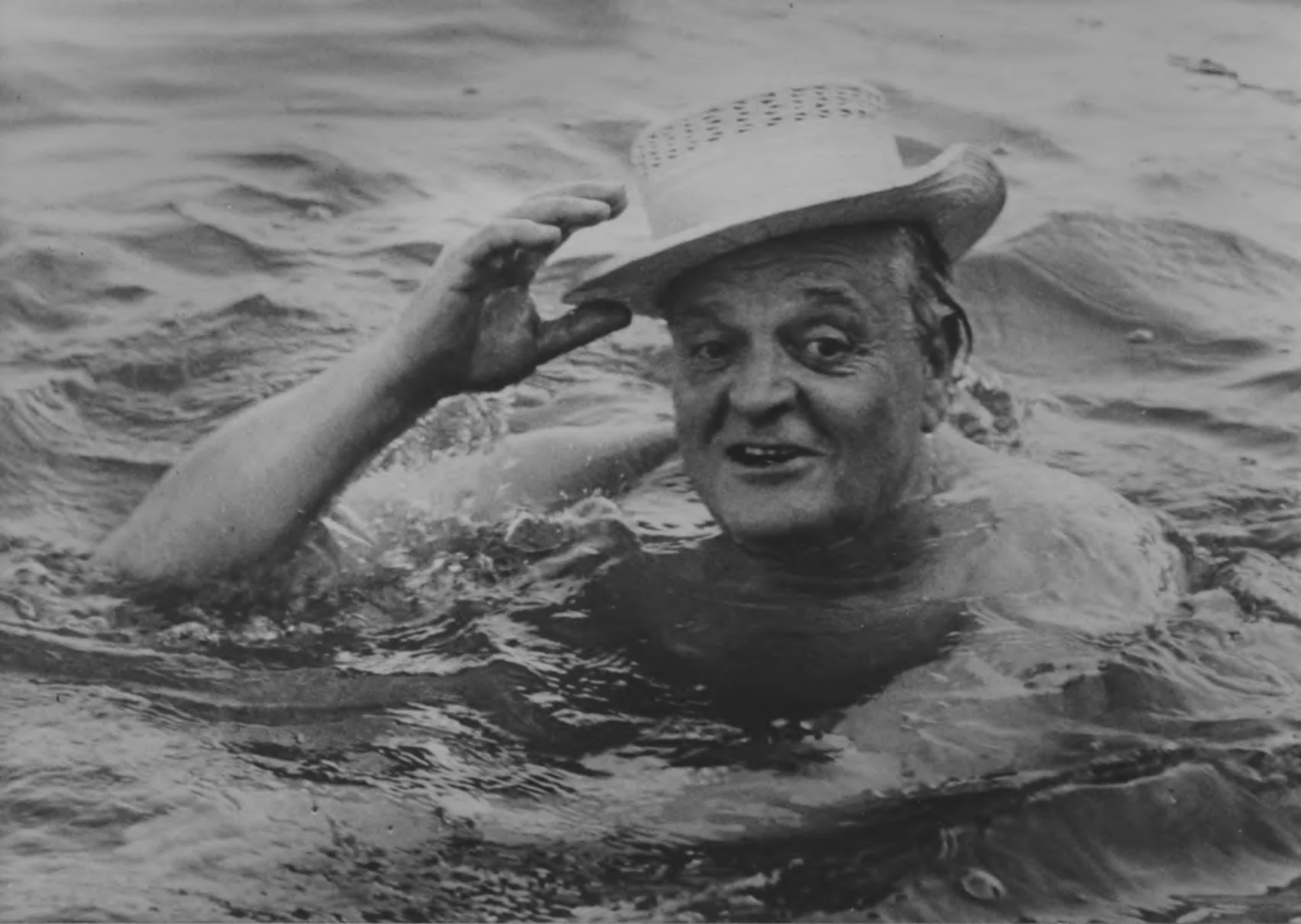Contact

Please direct individual enquiries about the history of Migros to the Historical Company Archives of the Federation of Migros Cooperatives.
navigation
With the Optigal programme, begun in 1962, Migros set out to offer its customers hormone-free chicken and promote domestic poultry production. Standardised and automatic methods of raising chicken were seen as a way to enable Swiss poultry farmers to compete against inexpensive poultry imports.
The consumption of chicken increased fourfold in the fifties and the demand could only be met through massive imports. But the imported chicken was not always of the best quality. So Migros promised its customers in 1960 that it would no longer purchase «hormone-treated poultry». It went one step further in 1962 with Optigal S.A. Through the Optigal programme, independent Swiss poultry farmers could comply with Migros’ quality requirements and still remain competitive, thanks to standardised fattening facilities and automated rearing. Migros delivers the broiler chickens, guarantees certification and sees to slaughtering the animals. As the programme is managed without subsidies and the farmers are nonetheless satisfied with their earnings, the Zurich Tages-Anzeiger called it the «little chicken revolution». The Neue Zürcher Zeitung also acknowledged the initiative’s «constructive value» and criticised the farmer’s association, which was opposed «in the strongest terms» to promoting industrial poultry farming. But the most satisfied of all were the customers who could now afford perfect quality Swiss «Güggeli».